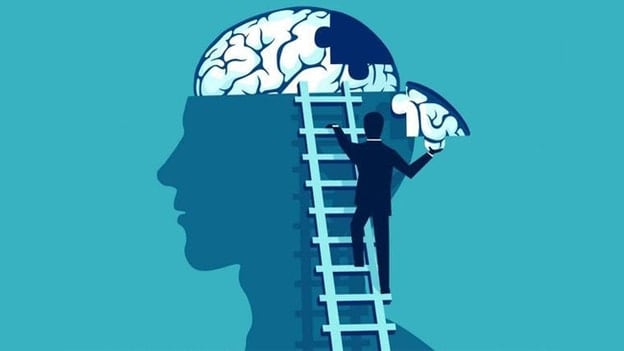Mindset and skillset changes needed in HR


HR professionals have long worked with the tags like ‘bureaucratic’ and ‘administrative’ with their work being described as transactional. That’s often not without reason as modern-day HR functions have their roots in old school personnel based industrial welfare where compliance was the main priority. While it comes to changing technology, HR kept pace, adopting newer, more effective ways of dealing with problems that remained more or less similar. But there has been a marked difference over the past few years, building from the decade marked with still talent competition, where HR professionals have had to deal with their company’s talent needs. And moving ahead the ambit of such talent needs is only going to grow.
As an ever-larger number of companies—from public sector banks to automobile manufacturers and FMCG companies—all undertaking digital transformation, the future of HR is bound to be more digital. For this HR professionals require to up their skills to remain of strategic importance to their companies. Driven by market uncertainty a Gartner report notes that for HR leaders in 2020 building critical skills will remain an important priority.
The relevance of interconnected thinking
A vital aspect of enabling HR professionals to remain productive will be their ability to connect employee goals to the larger business need. Having the right financial acumen will remain an important HR skill in the future. Effective HR leaders now need a strong grasp of their organizations’ business model and market strategy, industry dynamics and competitive landscape, and how all those components impact human capital–from hiring and performance to diversity and inclusion
With changing forms of employment—the rise of gig work has certainly diversified options for HR professionals—to creating and implementing the right technological architecture, it all depends on HR professionals being able to look at the picture holistically and make financially sound decisions. This extends beyond just being able to read financial statements and requires a top downshift in mindset, wherefrom the CHRO to front line recruiters, all can make strategic decisions for the company.
Ability to keep learning
Advent to technological changes has been the single biggest factor of change within modern-day companies. So it will come as a little surprise that it plays an important role in the development of the HR function. This has important considerations for HR leaders. With data becoming the bedrock for effective digital systems being set up, HR professionals in the coming decade will have to strong affinity to working with systems like data analytics. Reports have already shown that data analytics has begun having a ‘substantial impact’ on revolutionizing the function. The coming years will see HR professionals work with even nuanced technologies like AI and automation.
While ensuring a successful usage of the technological architecture requires many to pick up new skills, some like working extensively with nuanced programs, require HR professionals to reskill, there is also a mindset that’s necessary within the function. That of continuous learning. Although a concept that most HR professionals would want to use on their employees, it holds equal relevance for this function. Learning agility, even within the HR function, would reflect its ability to gain maximum benefit of technological and other changes in the external environment.
More people-focused
The rising scope of technology will also enable HR professionals to return their main focus —one that’s often called the most important component of digital transformation — people. But operating in such an ecosystem will require better skills on part of the professionals too. Skills such as design thinking, empathy, coaching skills, and people leadership skills become more important. Therefore the ability to create thriving workplaces where employees enjoy being in and can’t imagine being anywhere else is another skill they will have to master.
Digital transformation has brought in a new dimension to how companies operate. Processes have become more digitized and in doing so require skilled professionals to manage them. A company at large finds it necessary to have the right people in charge of such changes, across different functions. For HR professionals this translates into a larger responsibility of ensuring that their companies can hire, engage, retain the right talent. In the future, this can only be possible when HR skills reflect the needs of the future.


